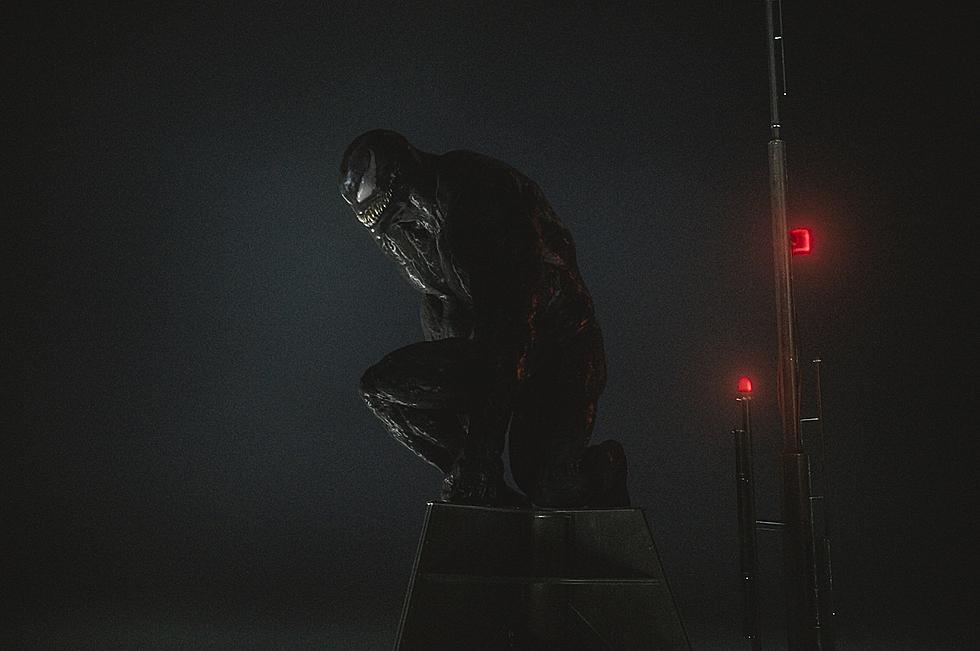
‘Manchester by the Sea’ Review: Casey Affleck Shines in This Powerful Tearjerker
If you tried to describe Manchester by the Sea to someone else it would sound an awful lot like many other indie dramas. Trouble white guy returns to his hometown to care for a relative. But that does not do justice to Kenneth Lonergan’s third feature, only his third in 16 years. A masterful and visceral led by an exceptional performance by Casey Affleck puts Manchester not only as one of the best movies at the Sundance Film Festival but, with an acquisition by Amazon with a firm commitment to an awards season campaign, one of the films to keep an eye on at the end of the year.
Lee Chandler is a handyman in the building where he lives, fixing clogged drains, shoveling the walk and changing light bulbs. He lives a mundane life, if not for the occasional drunken fight at the local bar. We don’t know why he’s so emotionally distant or prone to aggression, but Lonergan peppers the film with abrupt and sporadic flashbacks to Lee’s past; a past he’d very much like to forget.
One day Chandler gets a call that his brother (Kyle Chandler, seen in flashbacks) has died after suffering from congenital heart disease, leaving his teenage son, and Lee’s nephew, orphaned (his mother, Gretchen Mol, battled alcohol and mental health issues). Chandler returns to his hometown to take care of his brother’s estate and, very reluctantly, keep an eye on his nephew, Patrick, until they can move back north to Boston. As the move gets pushed further and further back — Patrick, a popular athlete with two, yes two, girlfriends, is loathe to move before his senior year of high school — Chandler is forced to settle into town, which brings him face-to-face with a past tragedy and his ex-wife Randi (Michelle Williams).
Lonergan has once again proved himself to be one of Hollywood’s best writers of dialogue. Some scripts sound exactly like movie scripts; you can almost see the words on the page as they’re being delivered. But Manchester is so successful, in part, because the dialogue here feels so real. Characters mumble and talk over each other, there’s no exposition and the film never feels the need to overexplain, letting plot points linger in the air for audiences to ponder. As a director, Lonergan knows exactly how to coax the best performances from his entire cast.
While the acting is strong across the board (Williams has a particularly effective and wrenching scene near the end of the film, and Lucas Hedges is a find as young Patrick), Affleck is left to do much of the heavy lifting and he does not disappoint, with a remarkable performance perhaps an even stronger performance than his Oscar-nominated turn in 2007’s The Assassination of Jesse James. Affleck’s own quiet personality is a perfect fit for the brooding and laconic Lee, his eyes and posture sometimes the only window into the turmoil lurking below.
In a lesser writer or director’s hands, this film could have easily fallen into many hacky traps, but Manchester deftly avoids nearly all of them. The result is a heartbreaking exploration of tragedy, loss and regret. It’s a tearjerker that earns every drop.
More From ScreenCrush









